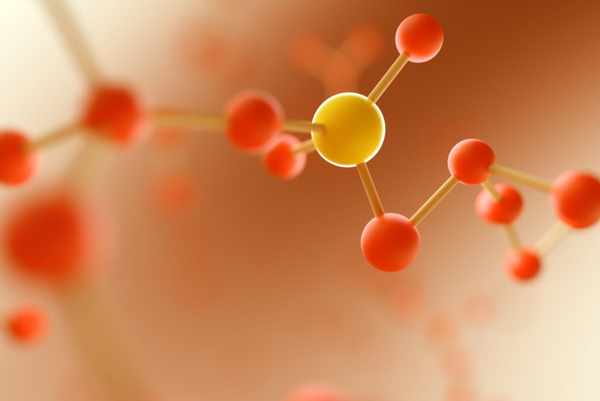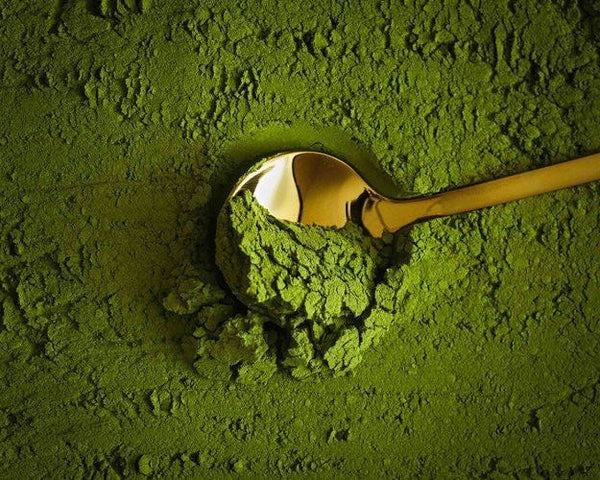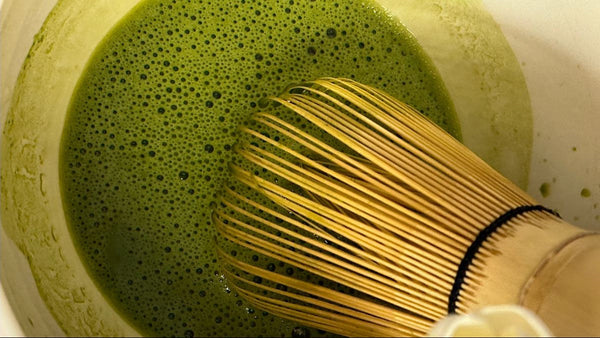Well, if you have similar questions popping in your mind, this blog can help. Below you will find everything you need to know about dairy. And in the end, you’ll be able to decide whether or not dairy is good for you. So, let’s begin.
Do we naturally consume dairy products like milk?
Most people think that it’s unnatural to consume dairy products. It could primarily be because of the following reasons:● Only human species consume milk in adulthood.
● Only human species drink the milk of other animals.
If you consider biology, cow’s milk is meant/suited for a growing calf. Now, as per this explanation, cow’s milk is not at all for humans because:
● Neither are we calves.
● Once we become an adult, our bodies don’t need to grow any further.
Humans (as infants), before the commencement of the agricultural revolution, drank mother’s milk only. And it’s one of the reasons why dairy products are not included in a Paleo diet. So, if you bring evolution into perspective, dairy is not necessary for humans to maintain optimal health.
With that said, certain cultures have been consuming dairy products for thousands of years. Several studies have shown how the genes of such people have changed over time to include dairy products in their diets.
Now, some individuals who are genetically adapted to consume dairy can naturally consume milk and other dairy products. And you can’t challenge that.
Are dairy products nutritious?
Well, there’s a lot of nutrition in dairy products. For example, milk has the following nutrients:● Calcium
● Vitamin D
● Riboflavin (vitamin B2)
● Vitamin B12
● Potassium
● Phosphorus
● Vitamin B1
● Vitamin B6
● Zinc
● Magnesium
So, milk offers a little bit of all the nutrients your body requires. However, the nutrients and their composition can vary with other dairy products like butter and cheese.
As you know, dairy products come from dairy animals. The nutrient composition, especially the fatty compounds, varies with the treatment and animal diet.
For example, cows that are fed grass and raised on pasture produce milk with more omega-3 fatty acids. Also, grass-fed dairy has a fat-soluble vitamin-like Vitamin K2, which is essential for supporting heart and bone health.
So, in a nutshell, most, if not all, dairy products are healthy and have numerous nutrients our body requires.
Who shouldn’t consume dairy?
Dairy products are composed of lactose which is a carbohydrate. During infancy, your body produces lactase which helps in breaking the lactose that comes from the mother’s milk. However, many people lose this ability to produce lactase and thus break lactose down in adulthood.And this is what’s known as lactose intolerance. Lactose intolerance is commonly found in South America, Asia, and even Africa and is less common in Australia, Europe, and North America.
If you’re suffering from lactose intolerance and consume dairy, you’ll face issues like:
● Vomiting
● Diarrhea
● Bloating
● Pain
● Cramps
● Nausea
So, if you face any of the above issues, you mustn’t consume dairy. However, there’s fermented dairy: yoghurt, or other high-fat products like butter that are safe to consume.
However, if after consuming dairy products like milk, cheese, or butter, you’re fine, then you can continue consuming dairy.
What are some dairy alternatives?
Although dairy is quite essential for our bones and overall well being, there’s still something you can replace dairy with. Here are some alternatives to your common dairy products:Milk Alternatives:
● Almond milk
● Soy milk
● Rice milk
● Coconut milk
● Oat milk
● Hemp milk
● Flax milk
● Cashew milk
● Tiger nut milk
Butter Alternatives:
● Coconut Oil
● Olive Oil
● Bananas
● Avocadoes
Cheese Alternatives:
● Soft cheese
● Hard cheese
● Nutritional yeast
Final Takeaway
Dairy isn’t particularly necessary to maintain your health. After all, the lactose intolerant population survives without dairy for their lives. So, if you’re good with dairy and face no problems at all, there’s no research that could stop you from consuming dairy.However, if you’re lactose intolerant, you can opt for the alternatives given above. You can also go for plant-based nutrition and organic supplements that have similar nutrient content. Wellbeing Nutrition’s Daily Greens provides you with essential nutrients like vitamin C, vitamin B3, vitamin B6, vitamin B12, iron, and vitamin B5, among other nutrients. You can also try our Natural Vitamin D3 Melts, Multivitamins Melts, Nano Iron Melts, and Vegan Vitamin B12 Melts to meet your specific nutritional requirements. Additionally, plant-based protein has several health benefits for humans and supports wellness.
References
- Caroli A, Poli A, Ricotta D, Banfi G, Cocchi D. Invited review: Dairy intake and bone health: a viewpoint from the state of the art. J Dairy Sci. 2011 Nov;94(11):5249-62. doi: 10.3168/jds.2011-4578. PMID: 22032348. (https://pubmed.ncbi.nlm.nih.gov/22032348/)
- Klonoff DC. The beneficial effects of a Paleolithic diet on type 2 diabetes and other risk factors for cardiovascular disease. J Diabetes Sci Technol. 2009;3(6):1229-1232. Published 2009 Nov 1. doi:10.1177/193229680900300601(https://www.ncbi.nlm.nih.gov/pmc/articles/PMC2787021/)
- Mattar R, de Campos Mazo DF, Carrilho FJ. Lactose intolerance: diagnosis, genetic, and clinical factors. Clin Exp Gastroenterol. 2012;5:113-21. doi: 10.2147/CEG.S32368. Epub 2012 Jul 5. PMID: 22826639; PMCID: PMC3401057. (https://www.ncbi.nlm.nih.gov/pubmed/22826639)
- Swallow DM. Genetics of lactase persistence and lactose intolerance. Annu Rev Genet. 2003; 37:197-219. doi: 10.1146/annurev.genet.37.110801.143820. PMID: 14616060. (https://pubmed.ncbi.nlm.nih.gov/14616060/)
- Górska-Warsewicz H, Rejman K, Laskowski W, Czeczotko M. Milk and Dairy Products and Their Nutritional Contribution to the Average Polish Diet. Nutrients. 2019;11(8):1771. Published 2019 Aug 1. doi:10.3390/nu11081771. (https://www.ncbi.nlm.nih.gov/pmc/articles/PMC6723869/#:~:text=Milk%20and%20dairy%20products%20are,11%2C12%2C13%5D)
- Månsson HL. Fatty acids in bovine milk fat. Food Nutr Res. 2008;52:10.3402/fnr.v52i0.1821. doi:10.3402/fnr.v52i0.1821. (https://www.ncbi.nlm.nih.gov/pmc/articles/PMC2596709/)
- Vermeer C, Shearer MJ, Zittermann A, Bolton-Smith C, Szulc P, Hodges S, Walter P, Rambeck W, Stöcklin E, Weber P. Beyond deficiency: potential benefits of increased intakes of vitamin K for bone and vascular health. Eur J Nutr. 2004 Dec;43(6):325-35. doi: 10.1007/s00394-004-0480-4. Epub 2004 Feb 5. PMID: 15309455. (https://pubmed.ncbi.nlm.nih.gov/15309455/)
- Hertzler SR, Lieblein-Boff JC, Weiler M, Allgeier C. Plant Proteins: Assessing Their Nutritional Quality and Effects on Health and Physical Function. Nutrients. 2020;12(12):3704. Published 2020 Nov 30. doi:10.3390/nu12123704. (https://www.ncbi.nlm.nih.gov/pmc/articles/PMC7760812/)

























